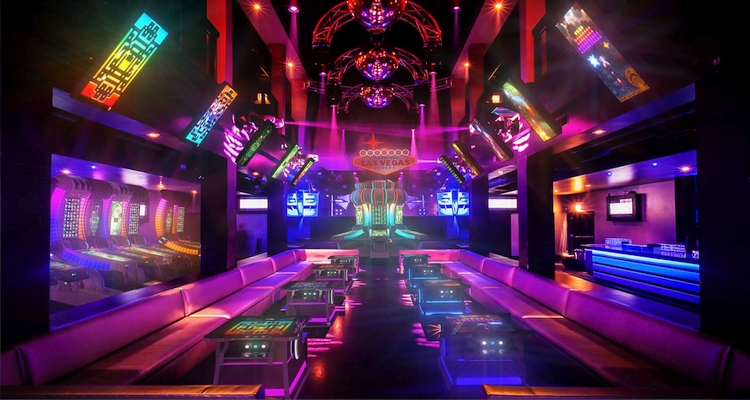Regulations allowing skill-based gambling devices to be placed on the floor of the state’s eight casinos have been issued by New Jersey gambling regulators.
The rules by which the makers of skill-based games must operate were posted by the state Division of Gaming Enforcement. The rules included prominently notifying players that their physical or mental state can influence the outcome of their bet as opposed to traditional chance-based gambling devices. Also included in the requirements, a certain percentage of bets collected must be paid out by the games, and casinos are prohibited from making games easier or more difficult to win while a game is in progress, based on what the house perceives the players level of skill to be. Monitoring programs must also be included to guard against money laundering or collusion in multi-player peer-to-peer games.
Division Director David Rebuck said that the move was another important step towards the implementation of skill-based gaming in the Atlantic City gaming market. He added that “Although the Division has had the authority to authorize these games for some time and announced in October 2014 an initiative for manufacturers to bring their skill-based games to New Jersey, the industry requested specific regulations to guide their efforts to create innovative skill-based products,” according to the Associated Press.
Manufacturers of the skill-based slot machines say they are intended to appeal to millennials who tend to bypass traditional machines because they seem old-fashioned. Some manufacturers are developing real-money gambling versions of video game console products such as “Guitar Hero,” and arcade games like pinball. Others are developing casino versions of games like “Words with Friends” and “Angry Birds.” Last February, a basketball free throw shooting contest was hosted by the Borgata casino in Atlantic City for cash.
According to Rebuck, manufacturers who bring their skill-based devices to New Jersey first, before anyplace else, can have them up and running on a casino floor within 14 days of being approved, under a fast-track provision.
The rules mirror those adopted in Nevada last September, so any device approved there would likewise be allowed in New Jersey.



